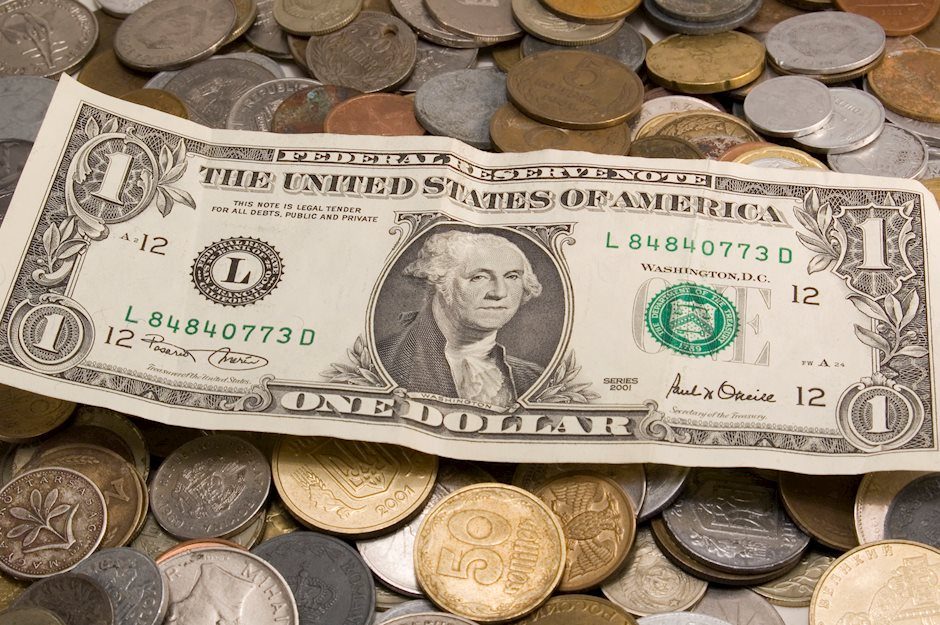US dollar, Japanese yen, Swiss franc

Hard Brexit should trigger stronger dollar
Given the political developments in the UK in recent weeks, we no longer expect a negotiated withdrawal from the EU. With the expectation of hard Brexit as of October 31, our outlook for the EURUSD changes, at least for the coming months. In an environment that will be characterized by high uncertainty, we expect the dollar to strengthen, but this should be relatively moderate, as the dollar is already highly valued. Starting from these lows, the euro should strengthen towards the end of the year. The movement should, however, be slow, as it will take time for the markets and the Eurozone economy to come to terms with the effects of hard Brexit.
EUR/JPY: Yen stays firm
The escalation in the global trade conflict has led to a further strengthening of the yen against the euro. At its meeting at the end of April, the Japanese central bank announced further easing measures should the momentum of inflation ease. Japan's average inflation over the past two years has been around +0.8%, well below that of the Eurozone (+1.6%). From a fundamental point of view, this has favored pressure to firm the yen. The consensus on Bloomberg expects the euro to weaken somewhat against the yen, to 124 in 2Q19.
EUR/CHF: escalating trade war supports CHF
Persistently weak leading indicators and the intensification of the trade dispute between the US and China have recently favored a strengthening of the Swiss franc against the euro. In addition, we now expect hard Brexit at the end of October due to recent political developments in the United Kingdom. As a result, pressure to firm the Swiss franc should increase in 4Q19. We therefore expect the EURCHF exchange rate to reach the level of around 1.10 at the end of 3Q19. It remains to be seen how the SNB will react to the recent rise in global tensions at its forthcoming meeting (June 13). Should further geopolitical crises escalate acutely (trade dispute, Iran), the Swiss franc could, as recently happened, quickly strengthen against the euro at any time.
Author

Erste Bank Research Team
Erste Bank
At Erste Group we greatly value transparency. Our Investor Relations team strives to provide comprehensive information with frequent updates to ensure that the details on these pages are always current.

















